|
Congratulations to Dr. Ya Hui Michelle SEE who will be a Fellow at the Center for Advanced Study in the Behavioral Sciences (CASBS) at Stanford University in AY24-25! At CASBS, she will examine when and how the tailoring of persuasion and interventions is effective for improving intergroup relations. Image from https://casbs.stanford.edu/
0 Comments
Congratulations to Teo Min Yu who has joined the National Environment Agency! In her master's thesis, Minyu reported her research findings on the effects of disparagement humor on prejudice confrontation. These findings were presented at the 2024 meeting at the Society for Personality and Social Psychology (San Diego, CA). We wish her all the best!
Congratulations to Rachel Sng Wei Yi who has joined the Ministry of National Development as a Researcher (Analytics)! Rachel has recently obtained her B.Soc.Sci. (highest distinction) and M.Soc.Sci. degrees. In our lab, she conducted research on the effects of living arrangements on intergroup attitudes as well as shared discrimination and social identification as antecedents to collective action with disadvantaged group members. We wish her all the best!
Congratulations to Jenifer D/O Christopher, Yerui Chang, Terance Tan De Lun, Rachel Sng Wei Yi, Teo Min Yu, and Wang Binhui on your thesis submission and graduation! All the best in your future endeavors!
Our lab will be giving virtual presentations at SPSP this year! Dr. See has an on-demand research spotlight that features research that examines the use of emotional advocacies by couples who are in romantic relationships. Reiner Ng has a presentation on how affect-cognition matching increases the correspondence between objective ambivalence and subjective ambivalence.
Congratulations to Theodora and Zhi Ying on your Graduation! The lab is very proud of your achievements and we wish you all the best in your future endeavors.
Congratulations once again, Class of 2022! We are happy to share news about our paper acceptance in the Personality and Social Psychology Bulletin entitled, "When objective ambivalence predicts subjective ambivalence: An affect-cognition matching perspective." This research demonstrates that objective ambivalence shows greater correspondence with subjective ambivalence when there is an affective-cognitive match between the message and the topic orientation, and this was primarily observed in people for whom the message was counterattitudinal. Moreover, this was observed in both messages that are promoting or arguing against the topic. This work suggests that the extant theorizing on subjective ambivalence can be extended through an affect-cognition matching perspective, and this type of matching can improve our understanding on how to better elicit or reduce subjective ambivalence.
A pre-print of this paper can be found here: https://www.michellesee.com/uploads/1/1/9/6/119627433/ng_et_al.__2022_._when_objective_ambivalence_predicts_subjective_ambivalence.pdf In an invited talk for the Department of Psychology at University of Padua, Dr See presented findings on message tailoring for affective and cognitive attitudes. These findings suggest that (1) message tailoring can backfire among individuals who find the message highly counter-attitudinal, (2) even when message tailoring does not change attitudes, it can impact the certainty with which individuals hold onto their unchanged attitudes, and (3) lay people do tailor to their relationship partners as a function of their partners’ self-perceptions of affective attitudes and their understanding of these self-perceptions. Thus, these findings have implications for a more nuanced understanding of message tailoring, for both informed consumers of persuasive attempts and practitioners who seek to deliver tailored interventions.
Dr See will be hosting a Free-Form Friday session for the Society of Personality and Social Psychology (SPSP) on May 6 2-3pm EST on “Message Tailoring: What do we (not) know?” Whether as an informed consumer presented with persuasive attempts or a practitioner delivering tailored interventions, it is important to understand the consequences of message tailoring. What do we really know about message tailoring so far, and how do we build on our knowledge to address unanswered questions? All individuals who are interested in research on message tailoring are welcome to participate in a lively discussion on this topic. (Note: This event is open to SPSP members only).
Congratulation to Reiner Ng and Travis Lim on their Graduate Students’ Teaching Awards for Sem 1 AY21-22! Due to his sustained excellence in teaching as a third-time winner, Travis Lim will also be placed on the Honour Roll. We look forward to their continued involvement in the learning journeys of various undergraduate students in the upcoming semesters!
|
Archives
July 2023
|
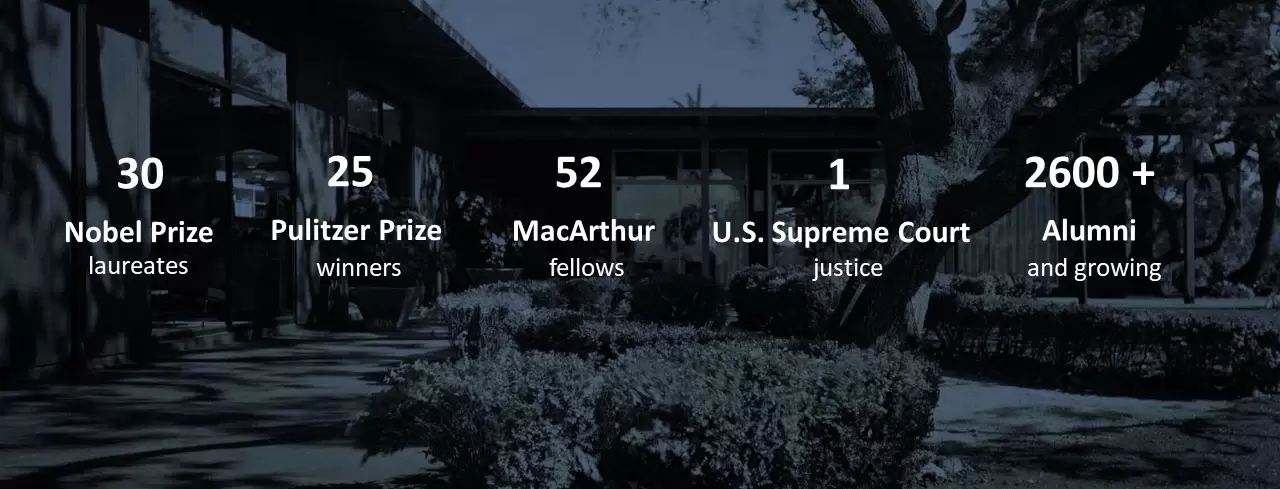
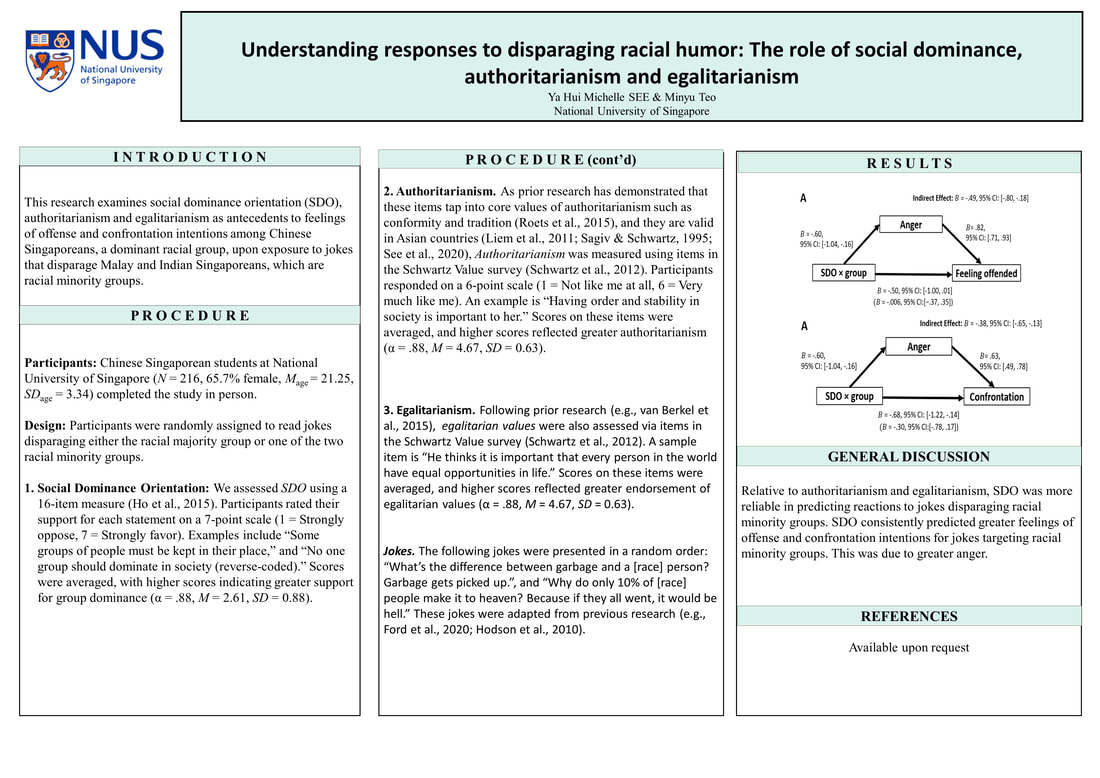
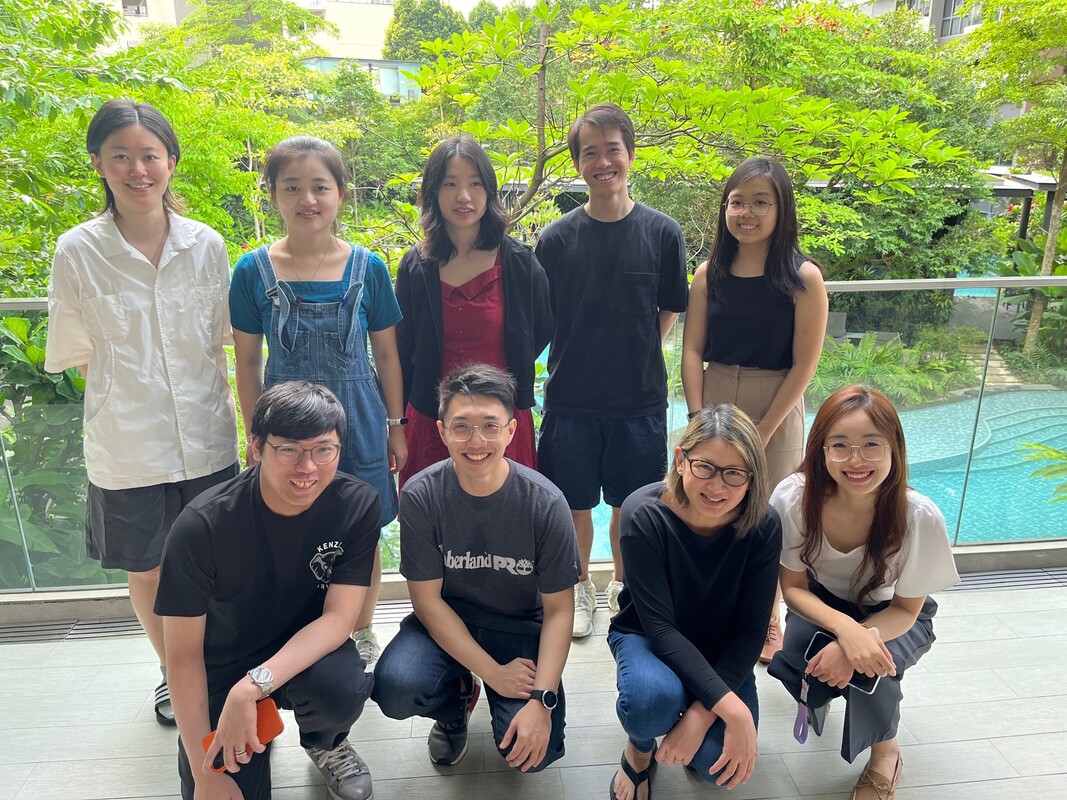
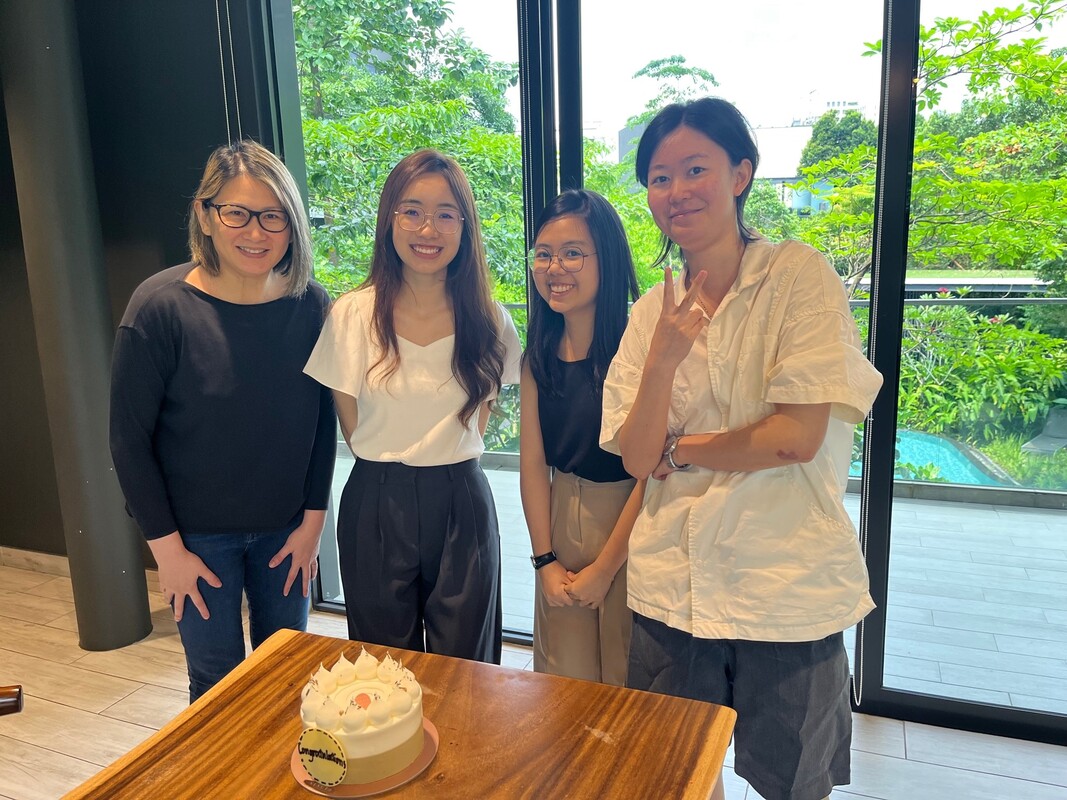
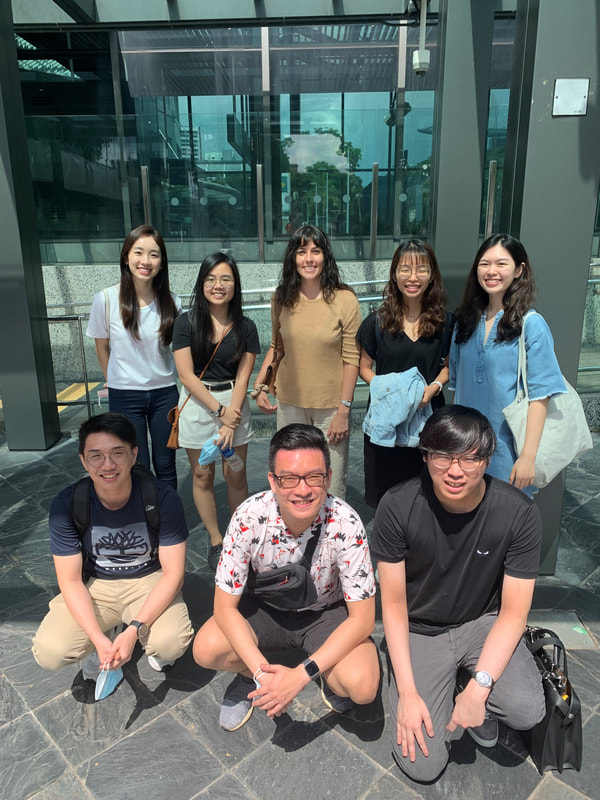
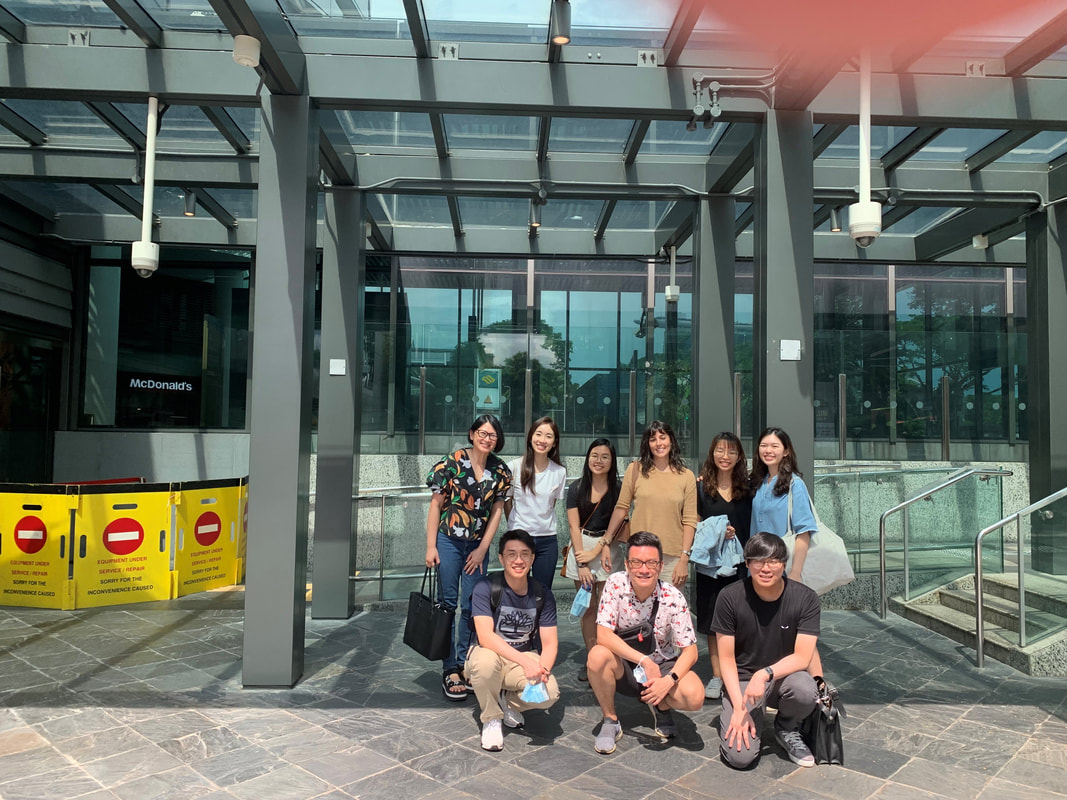

 RSS Feed
RSS Feed